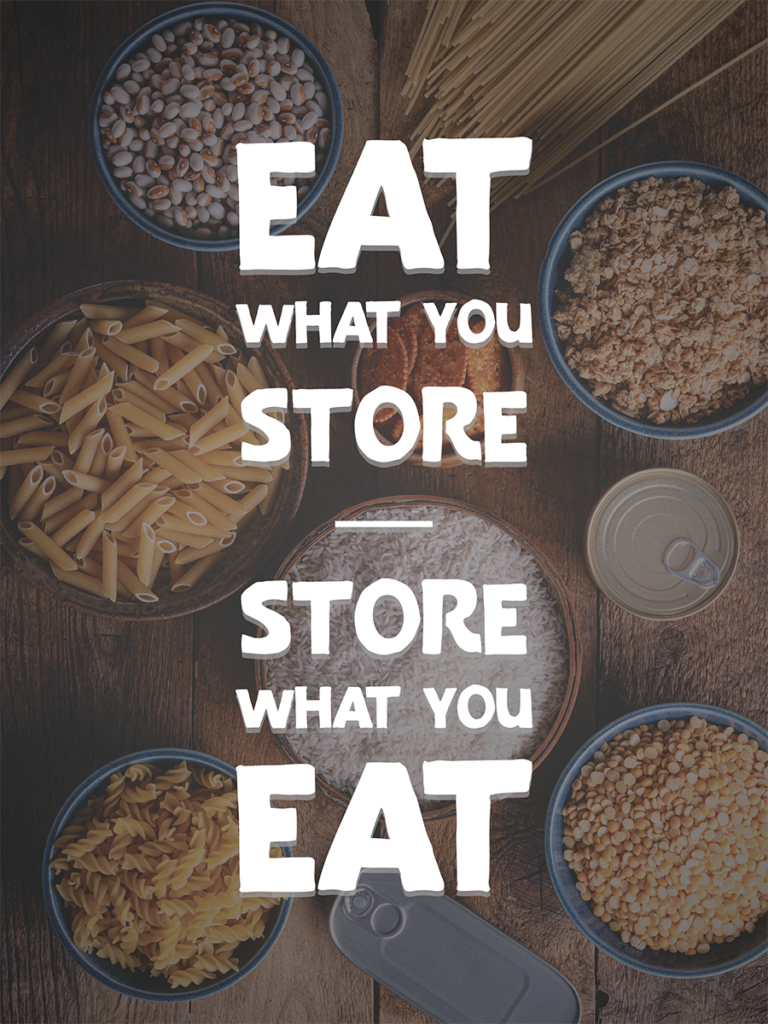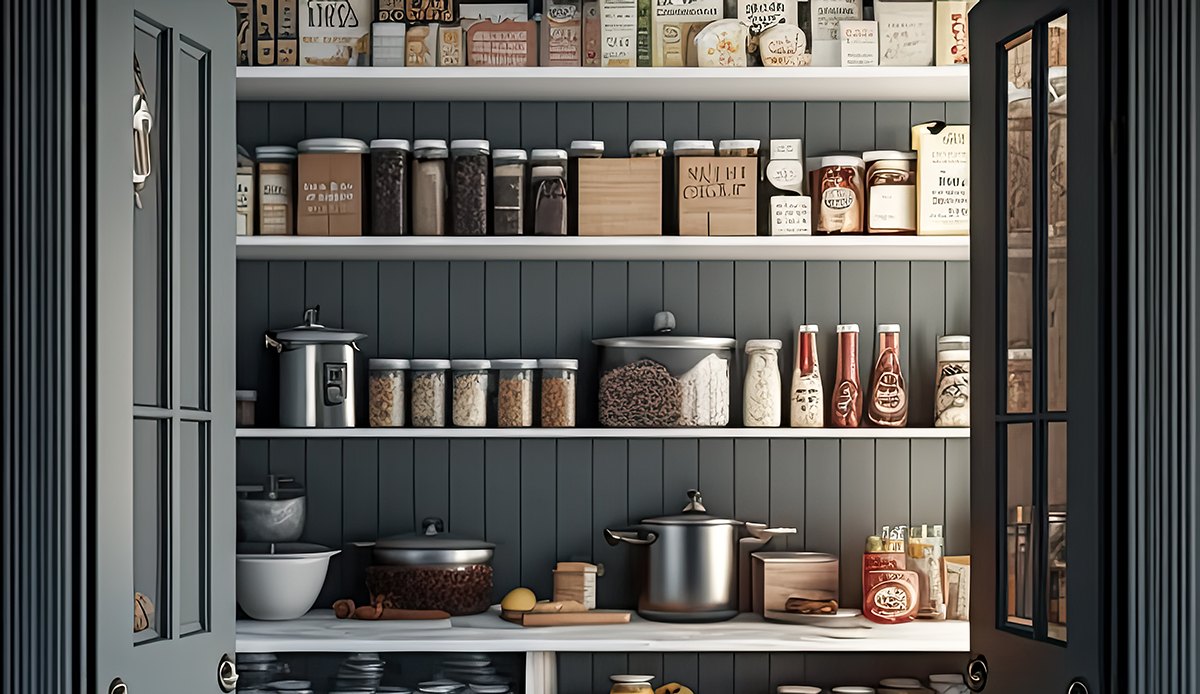In today’s fast-paced society, it’s becoming increasingly common for people to stockpile food in their homes for emergency situations or just to have a sense of security. While it’s certainly important to have a supply of food on hand in case of emergencies, it’s equally important to ensure that the food being stored is actually consumed and not left to waste. In fact, the focus of home food storage should be on eating the food that is stored rather than simply stockpiling it.
One of the main reasons why it’s important to eat the food that is stored is to prevent waste. Food waste is a significant problem in many countries, with an estimated 30-40% of food produced going to waste. By storing food that is never eaten, we are contributing to this problem.
To combat food waste, it’s important to only store what we know we will eat and to be mindful of expiration dates. By doing so, we can reduce the amount of food waste we produce and help to conserve our planet’s resources.
Eating the food that is stored prevents waste, both in food and in money. Food waste is a significant problem in many countries, with an estimated 30-40% of food produced going to waste. By storing food that is never eaten, we are contributing to this problem. To combat food waste, it’s important to only store what we know we will eat and to be mindful of expiration dates. By doing so, we can reduce the amount of food waste we produce and help to conserve our planet’s resources.
Another important reason to focus on eating stored food is financial. Many people believe that stocking up on non-perishable food items is a cost-effective way to prepare for emergencies or to save money on groceries. However, if the food is not being consumed, it’s simply a waste of money. Instead, it’s important to focus on buying and storing food that will be consumed on a regular basis, such as canned goods, grains, and pasta. By doing so, we can save money on our grocery bills and still have a supply of food in case of emergencies.
Additionally, eating the food that is stored can help to improve our overall diet. By stocking up on healthy, nutrient-dense foods, we can ensure that we are eating a balanced diet even in times of emergency. For example, storing canned vegetables and fruits, whole grains, and lean proteins can provide us with the nutrients our bodies need to stay healthy.
In conclusion, while it’s important to have a supply of food on hand in case of emergencies, it’s equally important to focus on eating the food that is stored. By doing so, we can help to prevent food waste, save money, and improve our overall diet. When it comes to home food storage, remember: the focus should be on consumption, not just accumulation.

